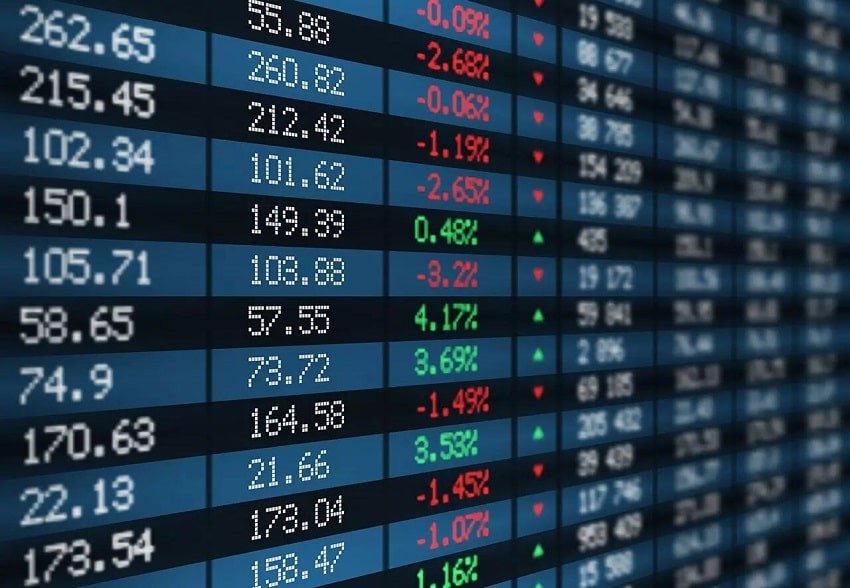Islamabad (TDI): Investors worldwide are on edge as they monitor the US presidential election, with its outcome expected to have a major impact on the global economy, especially in Asia.
On Wednesday morning, benchmark stock indexes in Asia mostly rose, bolstered by anticipation around the US election result.
Japan’s Nikkei 225 climbed 2.25% and Australia’s ASX 200 was up by about 1%.
However, markets in mainland China and Hong Kong struggled, with the Shanghai Composite Index dipping 0.3% and Hong Kong’s Hang Seng index falling by approximately 3%.
Futures trading on major US stock indexes pointed to gains, following Tuesday’s upward close of over 1% on the Dow Jones Industrial Average, S&P 500, and Nasdaq.
The US dollar also strengthened by more than 1% against major currencies, reflecting global market uncertainty. Bitcoin surged to a record high of over $75,000.
Concerns in Asian Markets
With Trump proposing significant tariff hikes, particularly on Chinese imports, his stance has raised concerns in Asian markets, where strong protectionist policies could disrupt trade flows.
The former president’s isolationist foreign policy approach has also raised questions about US defense commitments, particularly regarding Taiwan, a crucial player in the global technology supply chain as a major chip producer.
Also Read: Trump, Harris Race Too Close to Call
Conversely, Trump’s tax-cutting agenda is broadly welcomed by American corporations, which see it as a pro-business strategy that could lead to inflationary pressures and fewer rate cuts.
Amidst election developments, investors also have their attention on other key issues this week.
Also Read: Harris Leads Early Voting, Trump Stirs Controversy
The US Federal Reserve will announce its latest interest rate decision on Thursday, with central bank comments by Jerome Powell closely watched globally.
Additionally, on Friday, Chinese officials are set to unveil more details about Beijing’s strategies to address the economic slowdown, signaling critical economic policy direction for the world’s second-largest economy.
Farkhund Yousafzai is an Associate Editor at The Diplomatic Insight.



